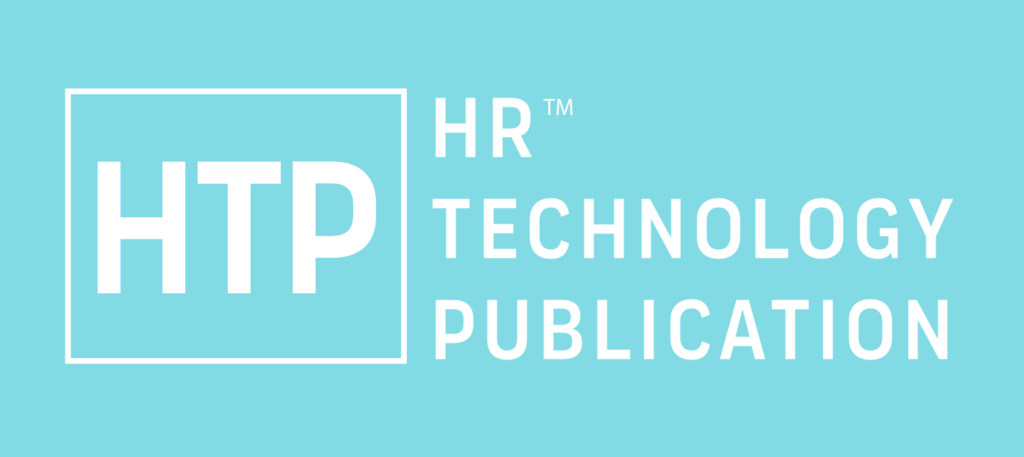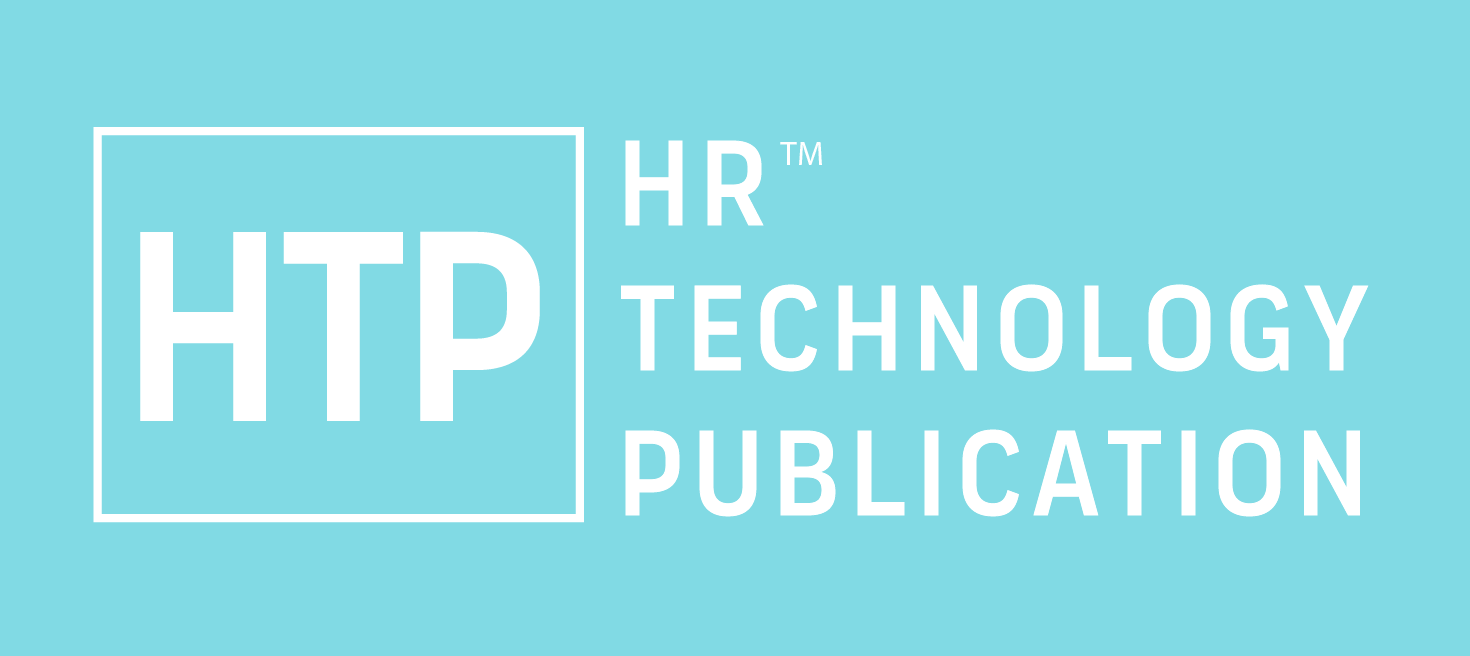According to a recent study, researchers found that 72% of HRs are women, while men occupy less than ⅓ stakes in the same domain.
Strengths for Success: A Natural Fit for HR Roles
HR professionals wear many hats. They’re the connectors, the conflict resolvers, the strategists, and the champions of employee well-being. It’s no surprise then, that the skillset women often possess aligns perfectly with the demands of HR.
- Interpersonal Champions: Communication is the cornerstone of HR. From interviewing candidates to navigating complex employee relations, effective communication is paramount. Women, statistically, excel in this area. Studies by the Pew Research Center show women tend to be more collaborative communicators, fostering open dialogue and building rapport – essential skills for building strong relationships within the workforce.
- Masters of Emotional Intelligence (EQ): HR professionals often deal with sensitive situations – employee disputes, performance reviews, and navigating company culture. Here, emotional intelligence (EQ) becomes crucial. Women are often credited with possessing higher EQ, allowing them to understand and manage their own emotions, as well as empathize with others. This emotional awareness fosters a more empathetic and compassionate workplace culture, where employees feel valued and understood. A study published in the Journal of Personality and Social Psychology found women scored higher on empathy than men, a key component of emotional intelligence.
- Management Acumen: HR leadership requires strong management skills. Studies by Catalyst, a non-profit focused on women’s advancement, show companies with higher percentages of women in leadership roles experience increased employee engagement. This leadership style, often characterized by collaboration and fostering a positive work environment, resonates with women’s strengths.
Beyond Skills: The Historical Context of Women in HR
The dominance of women in HR isn’t solely based on skill sets. It’s also rooted in history. The seeds were sown in the late 19th century with the emergence of the Welfare Workers Association (WWA). This primarily female organization focused on worker well-being, a core tenet of HR even today. The WWA’s success paved the way for women to play a more significant role in the workforce, setting a historical precedent for their future involvement in HR.
Societal Expectations and Evolving Gender Norms: A Double-Edged Sword
Societal expectations also play a role in the gender distribution of HR. Traditionally, women have been associated with nurturing and empathy, aligning well with HR’s focus on employee well-being, diversity, and inclusion. This societal conditioning, while offering a natural fit for the role, can also be seen as a double-edged sword. It’s crucial to move beyond stereotypes and ensure opportunities in HR are based on merit and skill, not preconceived notions about gender roles.
Thankfully, the landscape is evolving. Shifting gender norms are breaking down barriers, and creating opportunities for women in diverse professional settings. HR, with its emphasis on interpersonal skills and emotional intelligence, has become a field where women’s strengths are highly valued. This has led to a surge of women entering and excelling in HR careers.
The Modern Landscape: Building a More Inclusive Future
While women are leaders in HR, the journey toward true diversity and inclusion continues. Organizations are actively creating opportunities for all genders based on merit and capabilities.
- Diversity Initiatives: Forward-thinking companies are implementing diversity initiatives within HR departments. This ensures a wider range of perspectives are brought to the table, leading to more effective workforce management strategies.
- Mentorship Programs: Mentorship programs can play a crucial role in supporting and empowering women in HR. By fostering connections with experienced professionals, women can gain valuable guidance and build strong networks within the field.
- Inclusive Workplaces: Creating inclusive workplaces removes barriers and fosters environments where talent thrives regardless of gender. This involves promoting unconscious bias training, ensuring equal pay, and providing opportunities for professional development for all employees.
Strong management skills: AKA homemaker
Women’s homemaking skills seamlessly translate into the HR field, creating a unique and valuable skill set that contributes to their success in Human Resources. The qualities traditionally associated with homemaking, such as effective communication, organization, and empathy, find a natural application in the dynamic and people-centric domain of HR.
Homemaking Skills Aligned with HR:
- Effective Communication: A cornerstone of homemaking, communication skills are essential in HR for conducting interviews, addressing employee concerns, and fostering a collaborative work atmosphere.
- Organizational Proficiency: The organizational skills developed in homemaking prove invaluable in HR roles that involve managing diverse tasks, from recruitment processes to employee engagement initiatives.
- Empathy and Emotional Intelligence: The empathetic approach cultivated through homemaking experiences is crucial in HR for understanding and addressing the needs of employees, contributing to a supportive workplace culture.
- Multitasking Abilities: The ability to multitask, often mastered in homemaking, is highly beneficial in HR, where professionals handle various responsibilities simultaneously.
- Nurturing Approach: The transition from homemaking to HR is not just about skills but also about mindset. Women, accustomed to creating nurturing environments at home, bring a similar nurturing approach to HR, focusing on employee well-being, and development, and fostering positive workplace experiences.
Mindset Transition:
- Emphasis on Well-being: Women bring an emphasis on employee well-being, development, and creating positive workplace experiences.
- Diversity Contribution: As organizations value diversity, the strengths women bring to the workforce remain a compelling narrative of success in HR.
In essence, women’s homemaking skills provide them with a unique advantage in the HR field. The ability to communicate effectively, organize seamlessly, empathize genuinely, and multitask efficiently positions women as indispensable contributors to the success and growth of HR departments. As organizations continue to value diversity and recognize the strengths women bring to the workforce, the translation of homemaking skills into HR will undoubtedly remain a compelling narrative of success.
Conclusion
The dominance of women in HR is a result of a confluence of factors. Their innate strengths in communication, emotional intelligence, and management make them natural fits for HR roles. Additionally, historical context and evolving gender norms have opened doors for women to excel in this field. However, it’s important to move beyond simply celebrating women’s achievements in HR. The future lies in fostering an even more inclusive environment, where opportunities are available



